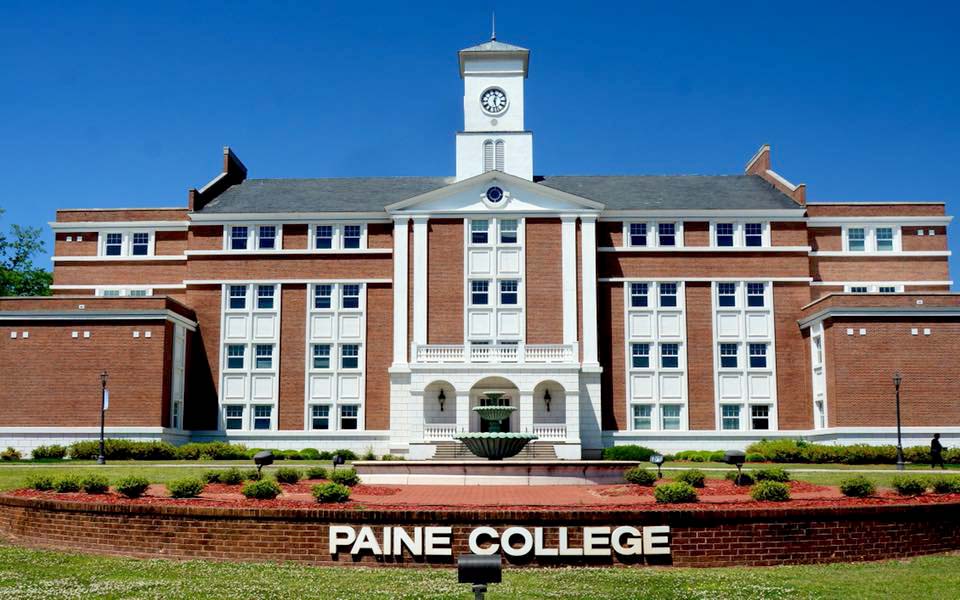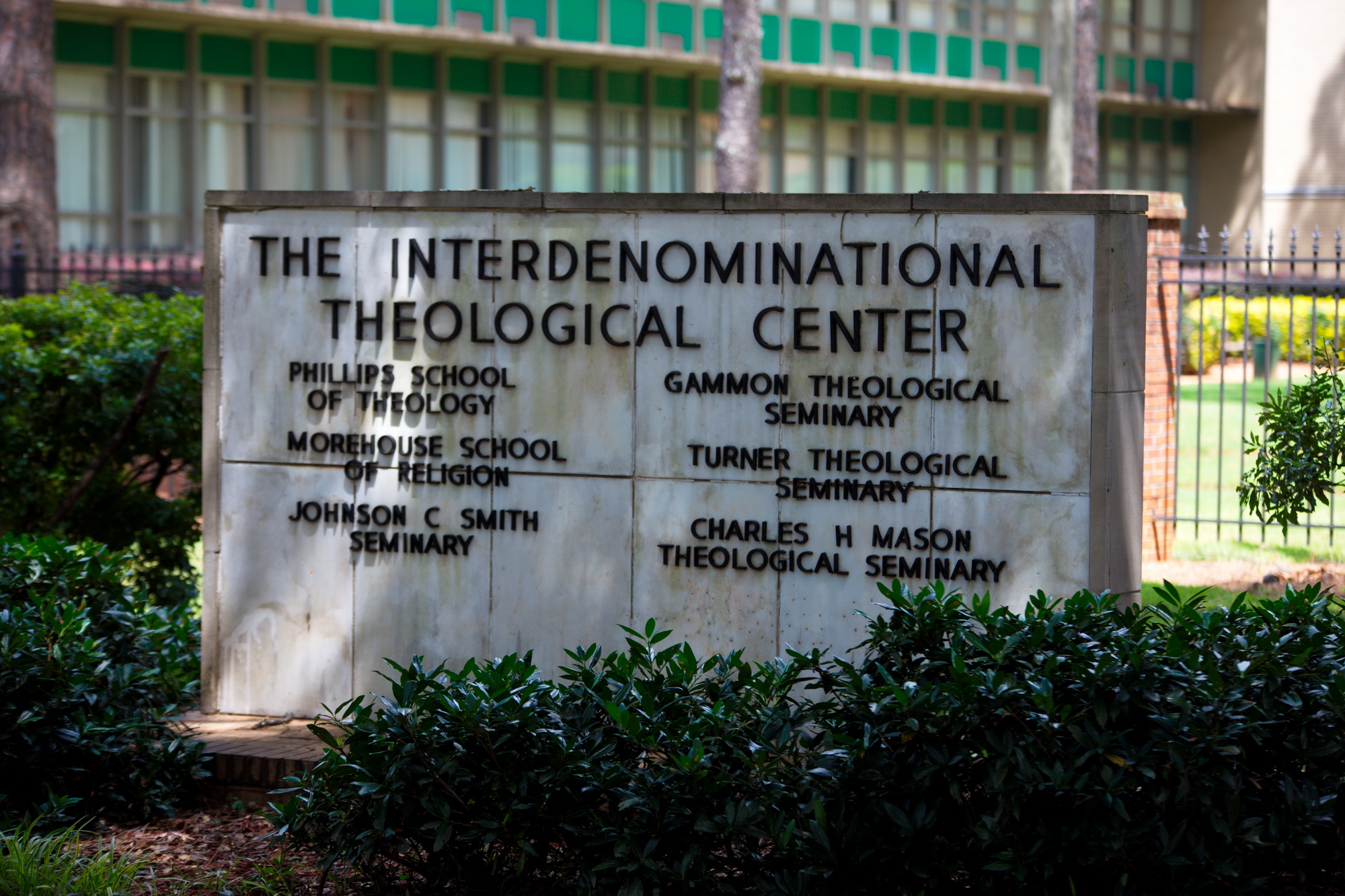
Explore HBCU – Paine College
Paine College is a private, historically black Methodist college in Augusta, Georgia.
Background
In 1869, Bishop Lucius Henry proposed the idea of a school specialized in training Black teachers and preachers so they could adequately address the educational and spiritual needs of those who were previously enslaved. With the help of the Methodist Episcopal Church South (the United Methodist Church) and the Colored Methodist Episcopal Church (the Christian Methodist Episcopal Church) the Paine Institute was founded, named after the late Bishop Robert Paine of the United Methodist Church.
The Paine Institute began with a high school component and eventually added a college one as well. By 1903, the college-level work was enough to justify the school’s name change to Paine College, all the while continuing to offer high school courses until 1945 because there were no public secondary schools open to African Americans until then. By 1961, the college was admitted to full membership in the Southern Association of Colleges and Schools.
Today, Paine College continues to be a liberal arts, church-related school, open to all and holding steadfast to its founding denominations.
Programs & Opportunities
Paine’s mission is “to provide a liberal arts education of the highest quality that emphasizes academic excellence, ethical and spiritual values, social responsibility, and personal development.”
The school offers major programs in a variety of fields that ultimately lead to a bachelor’s degree in the arts and sciences. Students can choose from a total of seven majors—sociology, mathematics, business administration, biology, psychology, mass communications, history—offered across five departments and with varying concentrations within each degree track.
Learn more about Paine College’s academic course offerings and degree programs here.
Alumni Affairs
Paine alumni go on to shape the future of their local communities, as well as national and international environments. Some of Paine’s change-making alumni include, but are not limited to:
- Dr. Shirley McBay earned her Bachelor of Arts degree in Chemistry from Paine College. She went on to become the first African American Dean of Students at the Massachusetts Institute of Technology, as well as the president of the Quality Education for Minorities Network.
- Dr. Louis Lomas completed his Bachelor of Arts at Paine College and is well-known today for his books and works in journalism. Some of his most-recognized works include The Reluctant African, The Negro Revolt, When the Word Is Given: A Report on Elijah Muhammad, Malcolm X, and the Black Muslim World, Thailand: The War that Is, The War that Will Be, and his final work To Kill a Black Man.
- Dr. Mack Gipson earned a Bachelor of Arts degree in natural sciences at Paine College. He also earned his Master of Science and Ph.D. from the University of Chicago and became the first African American to receive a doctorate in the field of geology.
Financial Information
The reported total cost of attendance for students is $16,095 for students living off-campus, and $23,606 for students who reside on campus. For the past 2019-2020 school year, the average financial aid package was $13,974, with full-time undergraduate students receiving aid in the form of grants, scholarships, and fellowships.
Conclusion
Paine College aims to provide a high-quality liberal arts education while remaining an institution largely steeped in the tenets of Methodism. At the forefront of the college’s mission are the production of academic excellence, ethical and spiritual values, social responsibility, and personal development for its students.
Learn more about Paine College here.
Source:
- https://www.paine.edu/web/about/history
- https://www.paine.edu/web/academics/academics
- https://www.paine.edu/web/alumni/alumni-spotlight
- https://www.encyclopedia.com/african-american-focus/news-wires-white-papers-and-books/lomax-louis-e
- https://paine.edu/web/admission/66
- https://www.collegesimply.com/colleges/georgia/paine-college/price/
- https://www.findmyhbcu.org/school/paine-college/
Pictures:
- Paine College logo: https://e-scms.org/paine-college/
- Paine campus: https://www.blackpast.org/african-american-history/paine-college-1882/
- Paine students: https://uncf.org/member-colleges/paine-college


